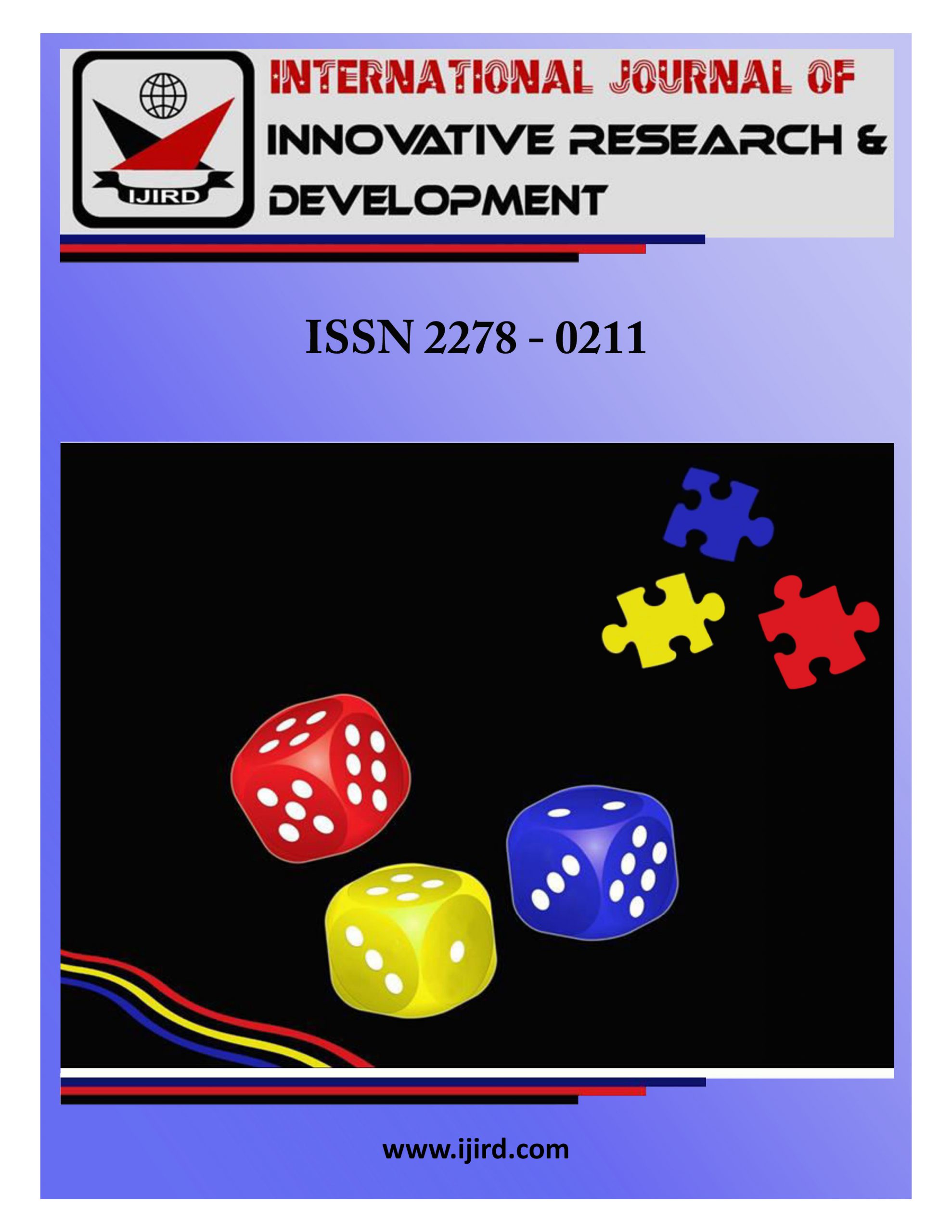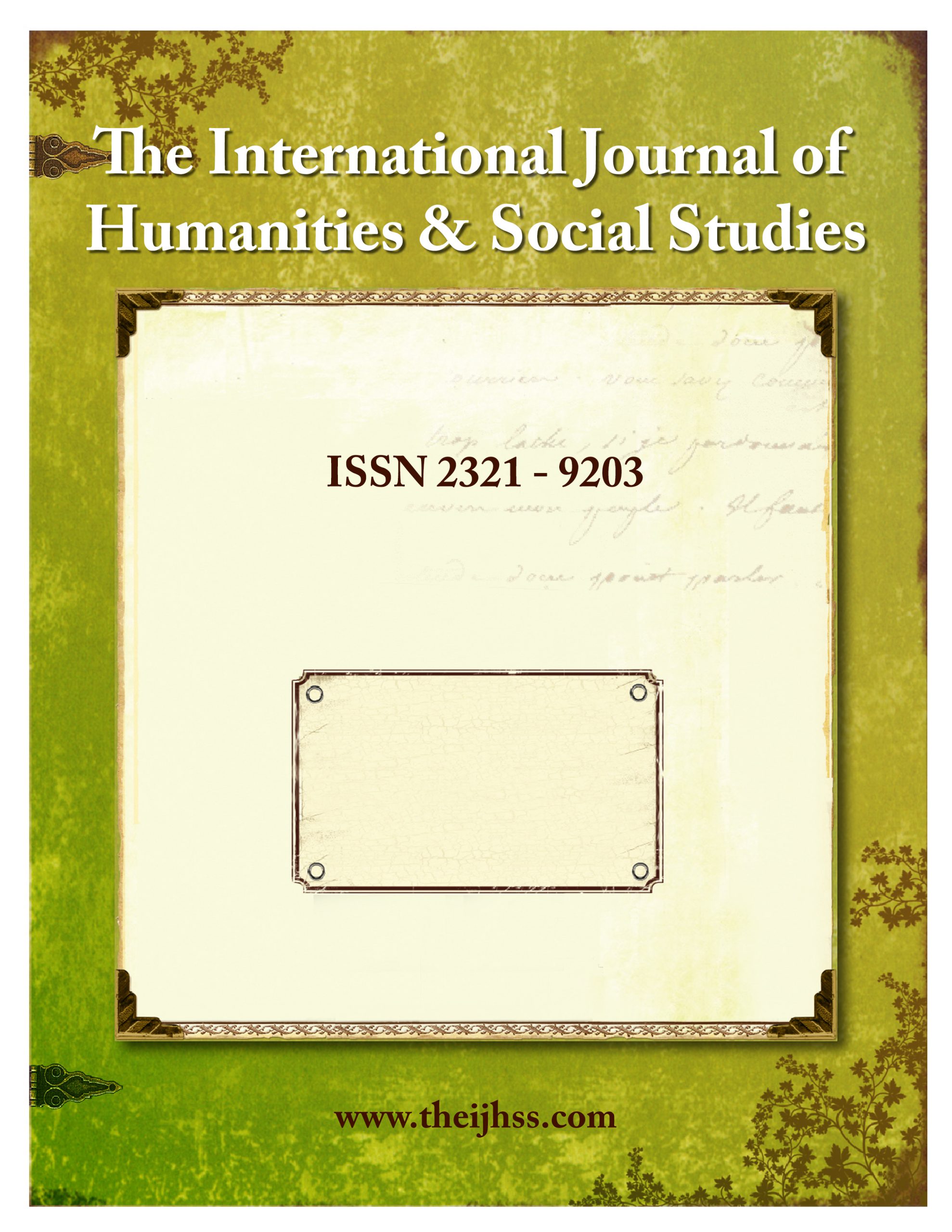Gender is typically evaluated on the sex, gender expression and gender identity. However, the internal self-conception of gender, that is, how a person identifies him/herself as, how he/she behaves or expresses with other people, and how others perceive him/her, define the gender of a person. Again, how will a person feel affinity towards another person, similar or different, determines the sexuality of the individual. Conceptions of gender and sexuality may evolve over time in a person, from what was assigned at the time of birth, which has given rise to the LGBTQ community in the world. Even though there is no reason to distinguish people with such specific names, people mostly fail to associate or relate with people who have evolved choices of gender and sexuality, hence LGBTQ members often face marginalization in society. They are not accepted in social places like school, colleges, universities; they are not given jobs, especially government services in many developing countries. They are often in need of social services, medical aid and healthcare facilities because of poverty, discrimination, prejudice and ignorance. The research world also has many barriers for members of the LGBTQ community, due to which many people cannot become great academicians, their findings are not valued enough, their manuscripts are rejected in journal call for paper, and due to such obstructions, they lose the opportunities that others of mediocre merit, get. In fear of losing, many people cannot open up about their sexuality, remain subservient and mentally unhealthy. However, acceptance and awareness can make the academic world a better place for LGBTQ researchers.
Here are 5 ways in which we can make LGBTQ-friendly research fraternity-
Using Safe-Space Signs in Colleges and Universities– The biggest fear of marginalized people is regular harassment in work space, non-acceptance from fellow colleagues and students, and violation of rights. Signs and symbols promoting the welfare of LGBTQ students and teachers can create an enriched community which shouts out awareness; this can significantly reduce harassment of special people in daily life, ensure their safety and provide a healthy academic environment for everyone. Additionally, universities and schools should have policies to protect the rights of LGBTQ students and teachers, so that offenders can be kept in check.
University-sponsored Accommodations for LGBTQ Students– LGBTQ students struggle immensely for a place to live because even today, many homeowners and apartment groups do not want to rent places to people from LGBTQ community, and that happens in many countries. When people don’t have a shelter, how can they focus on their research? Universities should develop their campus to accommodate LGBTQ students if they are admitted to a course/project. This will make their research life a bit easier.
Healthcare Facilities for LGBTQ Job Holders– Every academic organization, a college, university or school should have special healthcare services and insurance facilities for LGBTQ researchers, teachers and students who might have difficulties availing medical services. When universities start offering better healthcare facilities for the community, more people from the LGBTQ group will apply for research/teaching positions, more students will have the opportunity to explore education, if they are protected.
Including LGBTQ Topics in the Curriculum– How much ever we speak about the normalization of gender and sexuality, it goes undeniably that a huge section of the society have resistance to certain expressions, appearance and behavior. It is imperative that awareness is created at base level. From school, topics related to LGBTQ should be taught. In colleges and universities, more research questions should be formulated around the LGBTQ community; journal call for paper should welcome more publications from LGBTQ authors on relevant subjects, to promote peace, harmony and acceptance in the society, which cohesively works towards social change.
Start and LGBTQ Organization in School/College/University– Just like every college or university has a union of students, an LGBTQ organization should be developed in every academic institution to protect the rights of people who orient themselves differently from the rest. Special programs, fests and community building initiatives are taken by these organizations, within the institution to create awareness and acceptance in the mass, as well as uplift and promote LGBTQ members. Educators can join the group to protest against homophobia and bullying, which might affect LGBTQ community.
Research and academia are prestigious fields of profession where students and teachers work equally hard, with dedication to bring up significant scientific findings that can change the world. It is a noble profession, and everyone irrespective of gender and sexuality must get the fair opportunity of developing an authentic research. For the purpose, support and openness is required from the academic fraternity. Many promising researchers belonging to the LGBTQ community dream of attending prestigious journal call for paper, they do have the knowledge and commitment for the research they are pursuing, but the fraternity must support them to help them grow ad show their skills.










